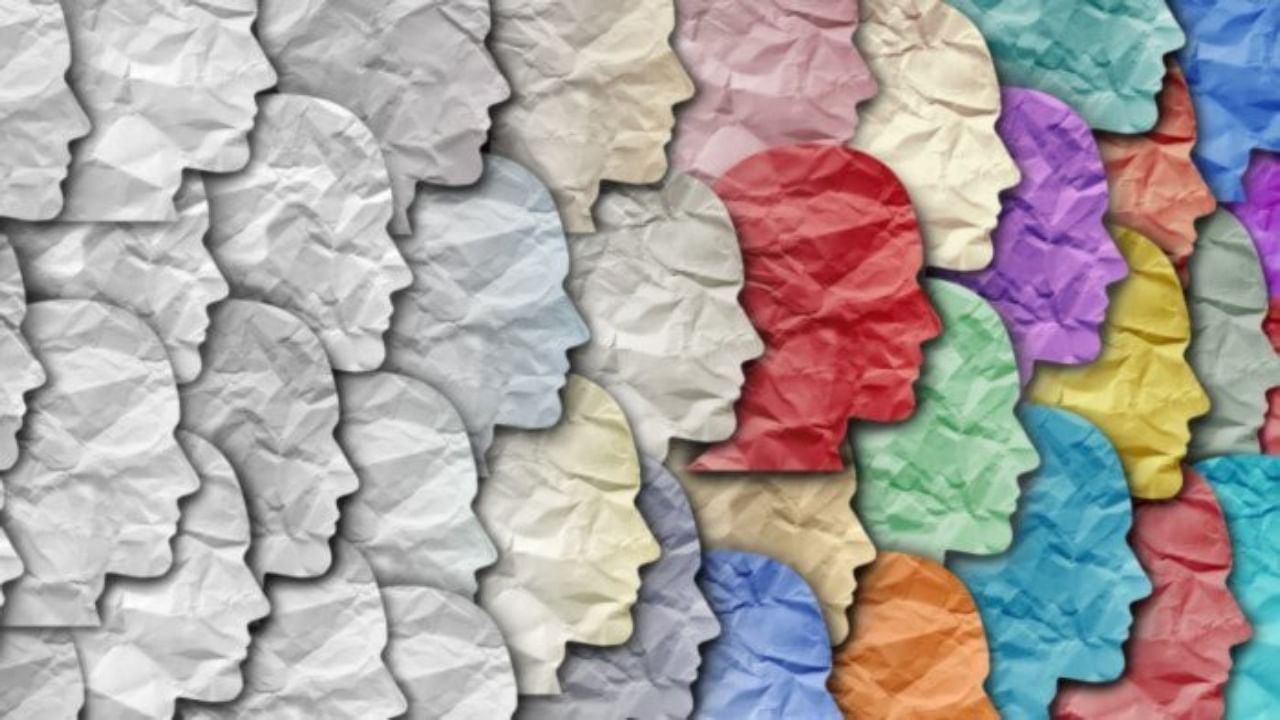
Recently, the Centre told the Supreme Court that it opposes giving the SC status to Dalit Christians and Dalit Muslims, saying that social stigma such as untouchability wasn’t prevalent in these religions.
The government, in its affidavit, said that SC status is connected to specific stigma; moreover, reservation benefits in jobs and education as a member from the SC community are only available only to Hindus, Sikhs or Buddhists, as per the Constitution (Scheduled Castes) Order, 1950.
The Centre made its stand clear before the top court which was hearing petitions on providing reservation benefits to Dalit converts, a vexing and politically sensitive matter that is being opposed by SCs and Hindutva groups.
But questions remain: what is the status of Dalit converts today? Is social stigma absent in Christianity and Islam, as the Centre claims? Are Dalit converts better off now than they were earlier?
A Dalit Christian, who preferred to remain anonymous, told DH, “It is utter false if someone says Dalit Christians do not face caste discrimination. Conversion did not change our status.”
Look at reality
In 1936, the British ruled that “no Indian Christian shall be deemed to be a member of a Scheduled Caste”. When India became independent and adopted the Constitution (Scheduled Castes) Order, 1950, the government went a step further to exclude all non-Hindus, only to amend it to include Sikhs six years later and Buddhists in 1990.
Dalit converts to Christianity and Islam say they face caste discrimination but are still out of the Scheduled Castes (SC) list, thus depriving them of reservation benefits.
The government, which has formed a three-member committee under ex-CJI KG Balakrishnan to examine the matter, believes they do not face discrimination and several courts have turned down pleas for their inclusion in the SC list, though in 2010 the Justice Ranganath Mishra Commission supported the demand. The government nominee had dissented.
Among other things, the Commission found no merit in the argument that Christianity and Islam do not practice caste system and Dalit converts should be out of the SC list. It pointed out that Sikhism and Buddhism, too, did not recognise the caste system but ended up in the SC list.
The Catholic Bishops’ Conference of India (CBCI) acknowledged the problem in a policy document in 2016 and said Dalit Christians faced discrimination even within the church and batted for their inclusion in the SC list.
The government is arguing that there is no documentation or authentic information available to establish that Dalit converts suffered discrimination.
However, a government-sponsored study tells a different story.
In 2008, Delhi University Professor Satish Deshpande in assistance with academician Geetika Bapna did a study for the National Commission for Minorities titled 'Dalits in the Muslim and Christian Communities: A Status Report on Current Social Scientific Knowledge'
"There can be no doubt whatsoever that Dalit Muslims and Dalit Christians are socially known and treated as distinct groups within their own religious communities,” the report said. “Nor is there any room for disputing the fact that they are invariably regarded as ‘socially inferior’ communities by their co-religionists. In short, in most social contexts, Dalit Muslims and Dalit Christians are Dalits first and Muslims and Christians second."
Studying the NSSO data, the academicians showed that Dalit Muslims were "unquestionably the worst off" among all Dalits while Dalit Christians were moderately better off. Dalit Sikhs’ social status was the best.
However, the government continues to maintain that there is no proper study to ascertain the discrimination faced by Dalit Christians and Dalit Muslims.
The Rajinder Sachar Committee, which studied the social-economic status of Muslims, in its report said, “Change in religion did not bring any change in their social or economic status. Because of the stigma attached to their traditional occupation, they suffer social exclusion. Despite this, they have been deprived of SC status available to their Hindu counterparts.”
The Opposition
Not just the government, there is stiff resistance from a section of Dalit leaders against the inclusion of Dalit coverts in the SC list. Several feel that that the existing 15 per cent quota for SCs, who accounts for 16.6 per cent of the population, will get squeezed further if Dalit converts are on boarded.
Ashok Bharti, Chairman of National Confederation of Dalit and Adivasi Organisations, believes the criteria and circumstances that led to the formation of the SC list does not apply to Dalit converts. “Dalit Christians and Dalit Muslims discriminate against Dalits. Untouchability was the reason for the SC list and the converts do not face untouchability,” he claims.
Hindutva supporters, too, oppose according SC status to Dalit converts, as they believe it gives special incentive to Dalits to convert to another religion while retaining quota benefits.
As the contentious issue is fought in the court, political parties are keeping a studied silence.
DH reached out to a number of mainstream parties against the backdrop of the government’s affidavit in the Supreme Court, but none of them felt comfortable in speaking their mind about it, underscoring how touchy the topic is across the board.
